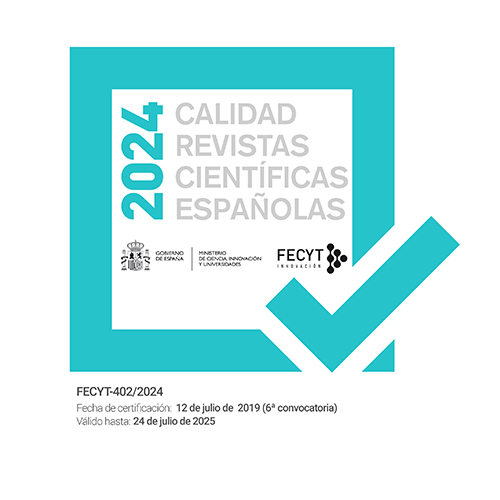La «protección diplomática» de los «derechos humanos» de los nacionales en el extranjero: ¿situaciones jurídicas subjetivas en tensión?
Palabras clave:
La «protección diplomática» de los «derechos humanos» de los nacionales en el extranjero: ¿situaciones jurídicas subjetivas en tensión?Resumen
Following the recent work of the ILC on diplomatic protection, as well as the CIJ case law on the issue (LaGrand case, Avena case), a debate has emerged (mainly among European scholars) on the relationship between human rights and diplomatic protection. This paper focuses on one problem, namely the legal consequences of assuming that diplomatic protection can be a used to protect against human rights violations of nationals. From an analysis of the legal subjective situations in tension – State’s rights, individual rights – the author argues that there is no legal reason in terms of logic to prevent this possibility, considering the difficulty to break down the legal fiction behind the institution. Also, it would be difficult for States to accept some of the lege ferenda doctrines put forward by commentators. In any case, to accept that diplomatic protection can be used to protect human rights does not mean that we are facing a new human rights protection mechanism, which is what seems to suggest John Dugard, Special Rapporteur of the ILC.
Descargas
Publicado
Número
Sección
Licencia
Derechos de autor 2023 Revista Española de Derecho Internacional

Esta obra está bajo una licencia internacional Creative Commons Atribución-NoComercial-SinDerivadas 4.0.





















